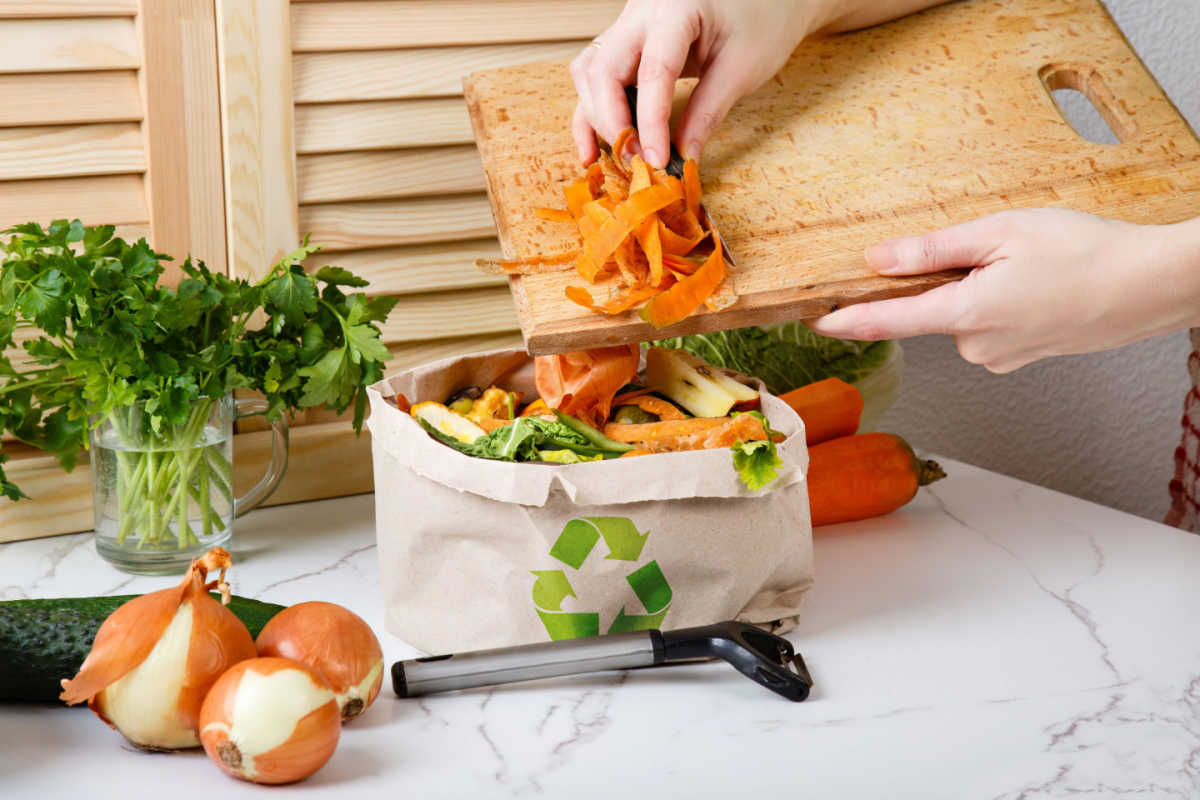Living sustainably is an issue that is growing more and more prevalent in society. But how can each of us make a change and live to be greener? The everyday choices we make in our daily lives, even the smallest and most mundane, can amount to making big effects on the environment.
What Does ‘Going Green’ Mean and Why Is It Important?
‘Going green’ generally means pursuing practices that lead to living in a more ecologically responsible and environmentally friendly way. This usually includes a lifestyle change focusing on incorporating more sustainable decisions into our everyday lives.
In turn, this can help protect the environment and its natural resources for our current and future generations.
Some of the key actions focused upon in the ‘going green’ movement include conserving resources, reducing pollution, conserving energy, and reducing consumption and waste.
How To Go Green In Your Daily Life
If you want to go green efficiently, there are big and small changes you can make in your everyday life that can make a significant impact. Here are some ways you can practice more sustainable habits:
Going Green at Home
Finding ways to be sustainable can first be made easy through some changes at home. Several aspects of your home life can be made more eco-friendly, including minimising waste and shopping on a budget.

-
Minimise Packaging - Try and use as little packaging in your household as possible. For example, when you’re out food shopping, try and buy loose fruit and vegetables. The goal is to utilise less single-use plastic packaging.
-
Reduce Your Washing - In Europe, 60% of greenhouse emissions are contributed by hot washes. Instead, try to wash your clothes in a cold setting and only run full loads.
-
Around 82% of the energy you use at home is to wash and dry clothing. Instead, try only washing your clothes when you need to and spot-cleaning instead. If you do run the washer, always try to run a full load.
-
Always Recycle - One way to start recycling more is to use separate bins to split your recyclables from the waste. If you have something that cannot be recycled at home, like stretchy plastic bags, most major supermarkets provide plastic recycling collection points.
-
Draught-Proof Your Home - This is one of the cheapest and most effective ways to save energy and money at home . To minimise your utility bill, try draught-proofing your windows, doors, and fireplaces to prevent heat from escaping.
Being Sustainable in the Garden
-
Make Sure To Compost - Having a compost bin in the kitchen can help you minimise your waste. Instead of putting fruit and vegetable scraps in the bin, they can be deposited in the compost bin and reused in the garden. This compost can enrich the soil and reduce the need for chemical fertilisers in your garden.
-
Encourage Bees - Bees are key pollinators, and we rely on them to fertilise our plants and crops. Many of the world’s food crops depend on insect and animal pollination. Bees are incredibly valuable for farmers, and without them, it would be enormously expensive for them to pollinate their crops, so try and encourage bees by planting flowers in your garden.
-
Let The Grass Grow - Letting your grass grow longer between cuts not only saves petrol and electricity (something that will reduce carbon dioxide emissions) but also encourages more wildlife into your garden.
-
Plant Your Garden Full - The more vegetation you have, the more carbon you are storing, so try and plant your garden as full as you can and go for the overgrown look.
In the Community
-
Buy Your Food Locally - The shorter the food chain from food being grown to being on your plate, the less waste is created. Try and at least buy 50% of your food from within 30 miles of where you live. Not only is this more sustainable, but it also ensures your food is higher in nutritional value.
-
Buy Vintage - Buying vintage is always a great idea. Whether it's furniture or clothes, browse second-hand shops or vintage emporiums to find some great steals without needing to use more money and create more waste.
-
Reboot Your Wardrobe - Whilst you may feel the temptation to constantly top up your wardrobe, resist this urge! If you do need to shop, shop in person (as this is much greener than online). Additionally, opt to browse thrift shops for upcycled and unique items.
-
Invest Wisely - When looking to invest , look with sustainability in mind. Invest in funds described as responsible or as Socially Responsible Investments (SRI).
